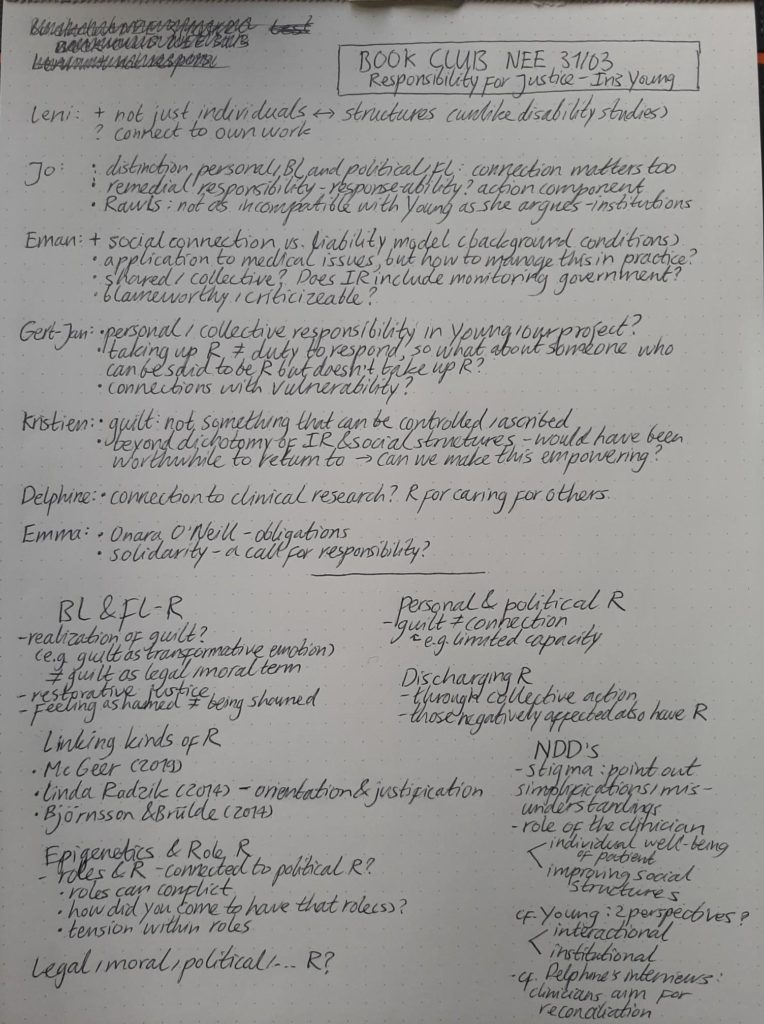‘You can’t comment on the future if you don’t have children.’ Anyone who disagrees with this claim, or wants to understand the assumptions behind it, might enjoy watching the recording of NEE’s most recent interdisciplinary workshop.
In this online workshop, UCL academics Rachel Rosen and Judith Suissa introduced the participants to the background and key arguments of their recent paper ‘Children, Parents, and Non-Parents: To Whom Does the Future Belong?’ (2020).
Remarks such as the one just mentioned suggest that it is often believed that being a parent gives one a stake in the future. At the same time, Judith explained that the future is understood quite differently in political philosophy. It is seen as either an inevitable continuation of the present or as a very distant, abstract horizon. The authors find both conceptions of the future lacking in critical function, so instead they urge us to call into question the normative basis of the present. They argue that the future does not belong to any group in particular. Instead, Rosen and Suissa understand the future as a collective intergenerational endeavour. They believe children, parents and non-parents together can and should challenge today’s injustices in order to work towards a desired future.
After this thought-provoking overview, four respondents shared their thoughts and questions with the authors and the audience. Harriet Bergman started a conversation about what the insights in the paper might mean for efforts of social transformation. She wondered how speaking on behalf of the future might be different from speaking on behalf of others already being harmed in the present (e.g. by climate change) and invited us to think of the role of ‘prefiguration’ in this context. Leni Van Goidsenhoven introduced to the debate some remarks inspired by queer and crip theory. She touched upon ableism in popular imaginings of the future, Edelman’s No Future and alternative notions of kinship and community. This neatly connected to the next response by Lisanne Meinen. In her response, she addressed the potential of including non-human agents when imagining just alternative futures, as well as the possible role of art and fiction in imagining and producing these futures. The final response was formulated by Stefan Ramaekers, who wondered what kind of subject position the authors have in mind when they talk about a ‘we’ sharing a present, since our political and social reality seems to be that many of us do not live in the same present as others.
Rachel and Judith gave tremendously thoughtful answers to all of these responses, resulting in philosophical conversations that easily could have lasted much longer. Many thanks to the authors, the respondents and the other participants for making this such an interesting afternoon!
